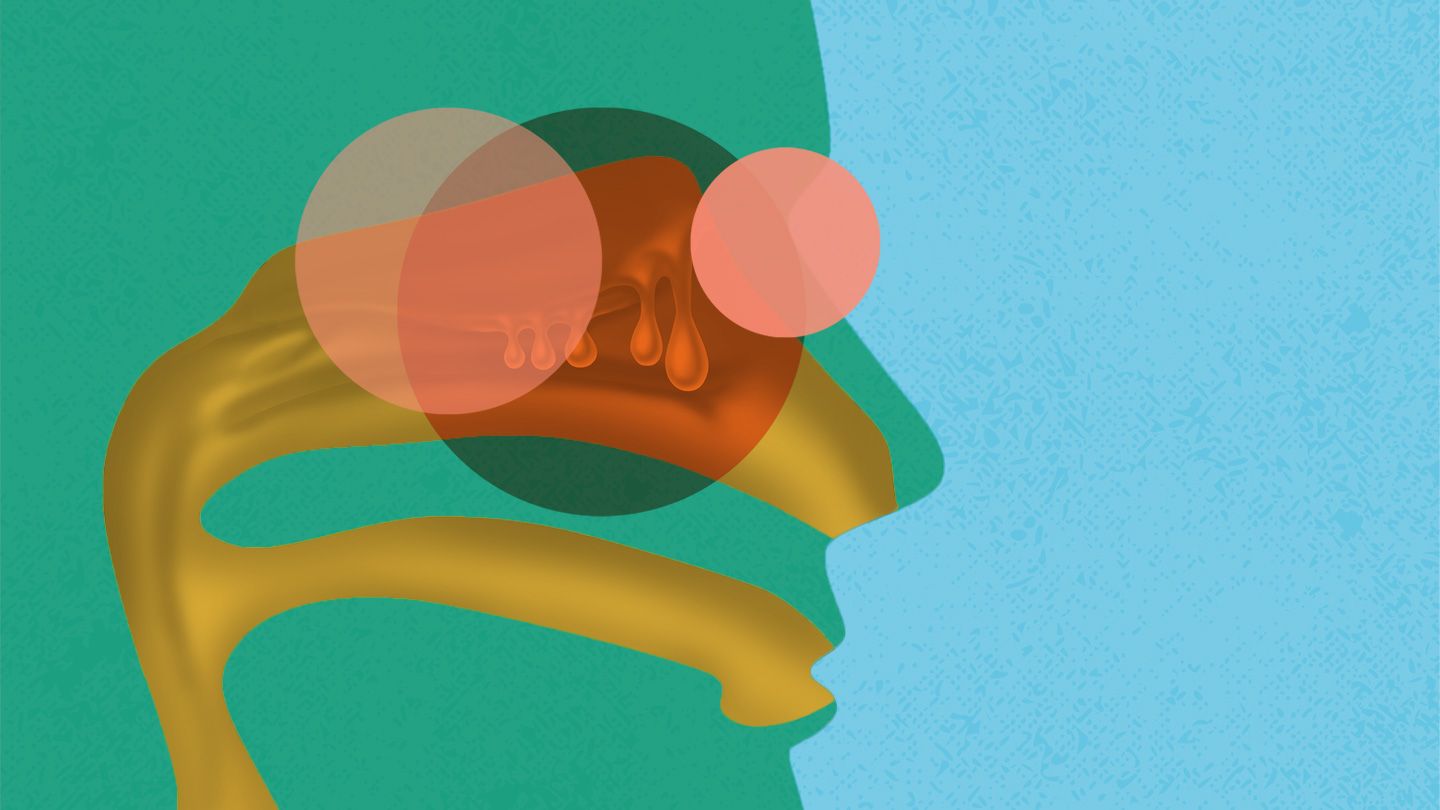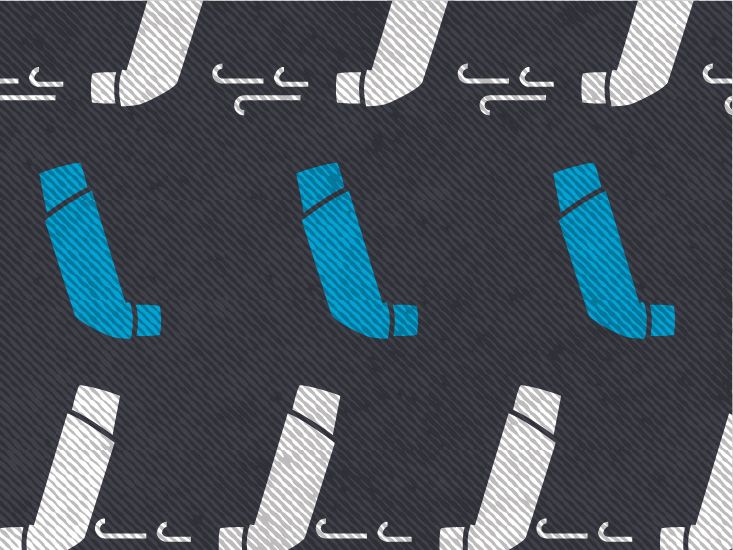Coping With Ear Pain and Infections
Ear pain can be excruciating and debilitating. From dull aches to sharp, stabbing pains, discomfort in the ear can disrupt sleep, concentration, balance, and hearing. Understanding the various causes of ear pain and how to treat them is key to finding relief.
Causes of Ear Pain
Ear pain can originate from problems in the outer, middle, or inner ear. Causes include:
- Ear infections - bacterial or viral infections that cause inflammation
- Swimmer's ear - irritation and infection of the outer ear canal
- Earwax buildup - excessive wax that blocks the ear canal
- Ruptured eardrum - a tear or hole in the eardrum
- Foreign objects - objects lodged in the ear canal
- TMJ disorders - pain in the temporomandibular joint
- Throat infections - infections like strep that spread to the ear
- Eustachian tube dysfunction - improper pressure regulation in the middle ear
- Meniere's disease - fluid buildup in the inner ear
- Otitis externa - inflammation of the outer ear
Ear Infection Symptoms
Ear infections produce distinct symptoms including:
- Dull, constant earache that may pulsate
- Sharp pain when chewing food
- Muffled hearing
- Ringing in the ear (tinnitus)
- Dizziness
- Feeling of fullness or pressure in the ear
- Drainage of fluid or pus from the ear
- Fever
- Headache
- Trouble sleeping
Swimmer's Ear Symptoms
Swimmer's ear, also called otitis externa, causes:
- Itching in the ear canal
- Redness and swelling inside the ear
- Scaly, flaky skin in the ear canal
- Gentle tugging on the outer ear causes pain
- Thick, yellowish pus draining from the ear
- Dampness in the ear canal
- Loss of hearing
Treating Ear Infections
Most ear infections clear up on their own or with simple home treatments:
- Apply a warm compress to provide relief and draw out fluid
- Take over-the-counter pain relievers like ibuprofen
- Use acetaminophen for pain and fever
- Take decongestants to alleviate pressure
- Use ear drops to fight infection and swelling
- Get plenty of rest to allow healing
- Avoid irritating the ear further by keeping it dry
For severe or persistent infections, see your doctor. Antibiotic ear drops or oral antibiotics may be prescribed. Rarely, surgery may be needed to drain fluid.
Relieving Swimmer's Ear
To treat swimmer's ear:
- Dry your ears thoroughly after swimming or bathing
- Apply rubbing alcohol or vinegar to restore pH and prevent bacterial growth
- Use over-the-counter medicated ear drops designed for swimmer's ear
- Take oral pain medication
- Avoid scratching or probing the infected ear
- Keep water out of the ear until healed
- See a doctor for prescription antibiotic drops if needed
Preventing Ear Infections
You can reduce your risk of developing an ear infection by:
- Getting an annual flu shot to prevent viral infections
- Washing hands frequently
- Clearing nasal congestion with decongestants
- Avoiding secondhand smoke
- Treating allergies promptly
- Refraining from sticking objects in ears
- Using earplugs when swimming to keep water out
- Getting prompt treatment for upper respiratory infections
Preventing Swimmer's Ear
Prevent swimmer's ear by:
- Applying rubbing alcohol drops after swimming
- Using earplugs and a swim cap
- Rinsing ears after swimming
- Thoroughly drying ears after showers
- Avoiding swimming when you have open wounds in the ear canal
- Using medicated ear drops after swimming for prevention
Seeing a Doctor for Ear Pain
Consult a doctor right away if you experience:
- Intense pain
- Sudden hearing loss or drainage
- High fever
- Vertigo or difficulty balancing
- Facial weakness or numbness
- Pus draining from the ear
See your doctor if over-the-counter treatments do not resolve your ear pain in a few days. You may need prescription medication or further evaluation to determine the underlying cause.
Coping With Chronic Ear Problems
For recurring or long-lasting ear troubles, take comfort in knowing you have options to reduce discomfort:
- See an otolaryngologist for specialized ear treatment
- Discuss prescription strength ear drops to have on hand
- Explore hearing aids or devices to alleviate pressure
- Ask about cognitive behavioral therapy to manage pain
- Reduce stress through relaxation techniques
- Join a support group to learn coping strategies
When to See an Ear Specialist
See an otolaryngologist, a doctor specializing in ear disorders, if you experience:
- Hearing loss
- Persistent ear pain, ringing or dizziness
- Ear discomfort without infection
- Eustachian tube dysfunction
- Fluid draining from the ear
- Earaches related to jaw pain
A specialist can diagnose the underlying cause and tailor treatment to your needs through methods like:
- Prescribing stronger medications
- Fitting you for a hearing aid
- Performing endoscopic exams
- Ordering imaging tests
- Conducting allergy testing
- Recommending surgery if needed
Seeking Emergency Ear Treatment
Seek emergency care for:
- Sudden hearing loss
- Pus draining from the ear
- Foreign object lodged in the ear
- Facial muscle weakness
- Signs of ruptured eardrum like bleeding, ringing, or spinning sensations
Emergency room doctors can provide pain relief and urgent treatment to prevent permanent hearing damage or loss. They may administer ear drops while monitoring for complications.
Living With Ear Troubles
Coping with ear infections or constant ear pain can be challenging. From tweaking your sleep position to avoiding irritants, small lifestyle adjustments can make a difference. Supportive loved ones and a caring doctor can help you successfully manage ear problems.
Pay attention to your symptoms and follow through with treatments. Most ear discomfort can be conquered with basic home remedies or prescriptions if needed. With some patience and TLC, your ears should be feeling better soon.
FAQs
What are the most common causes of ear pain?
The most frequent causes of ear pain are ear infections, swimmer's ear, earwax buildup, throat infections, eustachian tube dysfunction, and TMJ disorders. Foreign objects, Meniere's disease, and ruptured eardrums can also result in ear pain.
How can you tell if ear pain is from an infection?
Symptoms of an ear infection include fever, fluid drainage from the ear, loss of hearing, ringing ears, dizziness, headache, and ear pain that worsens when chewing. Swimmer's ear causes itchiness, swelling, flaky skin, pus drainage, and pain when tugging the outer ear.
When should you see a doctor for ear pain?
See a doctor right away if you have sudden hearing loss, high fever, trouble balancing, pus drainage, or facial weakness. Seek emergency care for symptoms like bleeding from the ear or sudden deafness which require rapid treatment.
How can ear infections be prevented?
Prevent ear infections by getting flu shots, washing hands often, taking decongestants for colds, avoiding secondhand smoke, promptly treating allergies, using earplugs when swimming, and getting antibiotics early for respiratory infections.
What home remedies help ear pain?
To ease ear pain without medicine, apply warm compresses, use OTC pain relievers, keep the ear dry, avoid scratching or poking the ear, and maintain proper ear hygiene. Oral decongestants, ear drops, and resting also help.
Disclaimer: This article is for informational purposes only and does not constitute medical advice. Always consult with a healthcare professional before starting any new treatment regimen.
Related Coverage
Alka-Seltzer and DayQuil both relieve common cold & flu aches, pains, and stuffiness. But they have key differences in ingredients, uses, side effects and interactions....
Chopped onions and raw honey make traditional cough remedies. Through antibacterial, anti-inflammatory and expectorant properties, onions and honey soothe sore throats....
Explore 7 natural cough remedies you can find near you, including honey, saltwater gargles, herbal teas, humidifiers, cough drops, and staying hydrated. Embrace remedies from your local community....
Daytime cold and flu symptoms like sore throat, fever, aches, and fatigue can make it hard to function. Learn how to manage symptoms, treat at home, and know when to see a doctor....
DayQuil can temporarily relieve a sore throat caused by a cold or flu. Its combination of pain relief, cough suppression, and decongestion provides short-term symptom relief....
Learn about Coricidin HBP, its ingredients, and how it can cause drowsiness. Discover user experiences and important safety considerations to make informed decisions about this medication....
From first tickle to last cough, the average common cold lasts 7-10 days, with peak severity around day 4. Learn about common cold stages, symptoms, and treatment....
Steamy vapor baths provide natural congestion and cough relief. Learn how warm bath water and essential oils help clear mucus and ease cold symptoms....
Learn how over-the-counter medications like Advil and Nyquil work to relieve common cold symptoms. Discover key differences between these options to help treat sore throats, congestion, coughs, and more....
Get the exact Relenza dosage for flu treatment and prevention, plus form, strength, inhaler use, safety tips, and dosing schedule....









